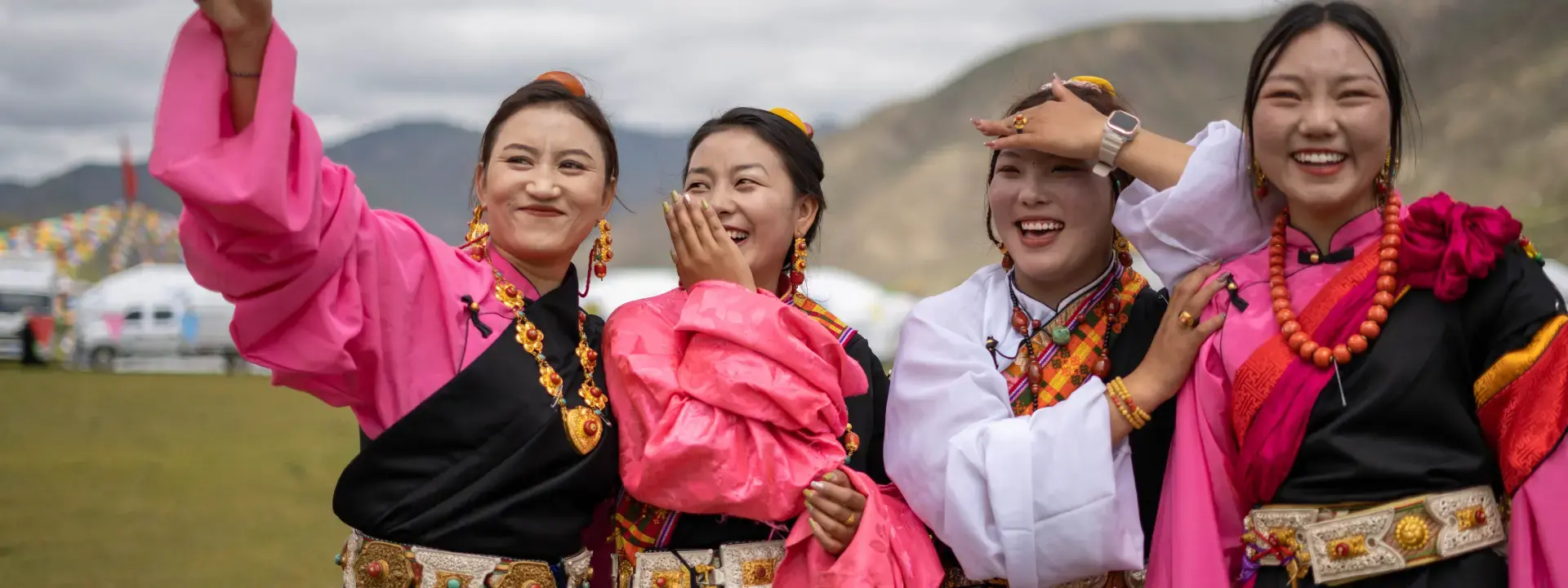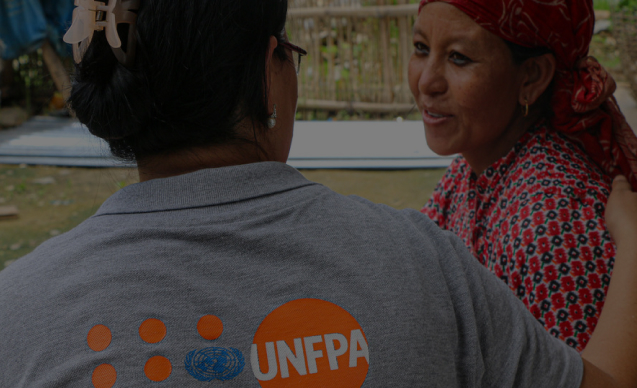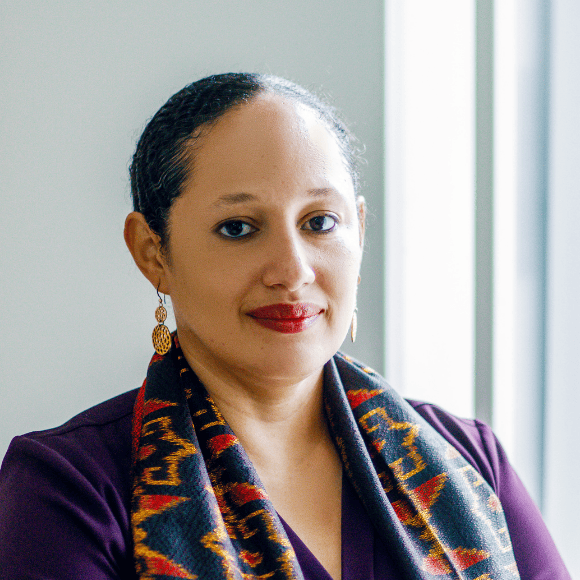UNFPA started working with the Chinese Government in 1979. The launching of UNFPA’s first Country Programme in China marked the first time that the Chinese Government received assistance from any international agency in relation to population issues.
For more than forty years, UNFPA has helped strengthen China’s capacity to conduct population censuses and demographic analyses, to make the most of quality data for policy planning, and, crucially, has consistently championed women’s empowerment and gender equality, and sexual and reproductive health and reproductive rights for all.
UNFPA is now implementing the ninth Country Programme (2021-2025), which complements the Chinese government’s development vision, including those set out in China's 14th Five-Year Plan for National Economic and Social Development and the Long-Range Objectives Through the Year 2035, and is consistent with the United Nations Sustainable Development Cooperation Framework for the same period.
The UNFPA Country Programme is supporting policy reforms and development at the national and local levels, through research, capacity-building, advocacy and pilot projects and interventions aimed at:
- Strengthening national policies and programmes to enable women and young people, particularly groups left behind, to access high-quality, rights-based, gender responsive, affordable SRH services.
- Improving information and services for young people to address their health and wellbeing, including their sexual and reproductive health and rights, and the enhanced youth leadership and participation in achieving the ICPD Programme of Action and the Sustainable Development Goals (SDGs).
- Providing high-quality comprehensive preventative and response services to women and girls in need of protection and care, and promoting positive social norms to support the realization of gender equality and women’s rights.
- Inclusion of population issues into policy-making and better responding to low fertility and population ageing by employing a rights-based life-cycle approach.
- Increasing availability of reliable and disaggregated data to address emerging population issues and track the SDGs progress, with a focus on left-behind groups.
- Facilitating knowledge exchange and experience sharing between China and other developing countries through South-South and global cooperation for the achievement of the unfinished agenda of ICPD Programme of Action and the SDGs, especially in reducing maternal deaths, ensuring voluntary family planning, and preventing reproductive cancers including cervical cancer.
- Strengthening and collaborating with Chinese institutions and partners to design and deliver evidence based and demand-driven development and humanitarian cooperation projects to support other developing countries for achieving the ICPD PoA and SDGs.




